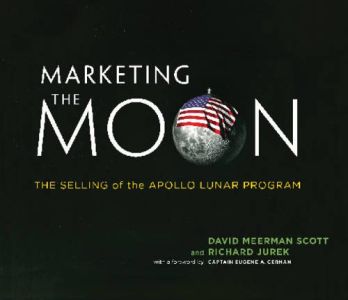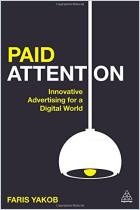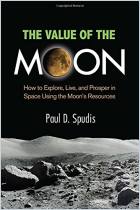Зарегистрируйтесь на getAbstract, чтобы получить доступ к этому краткому изложению.

Зарегистрируйтесь на getAbstract, чтобы получить доступ к этому краткому изложению.
David Meerman Scott and Richard Jurek
Marketing the Moon
The Selling of the Apollo Lunar Program
MIT Press, 2014
Что внутри?
America’s moon landings emerged from the skill of engineers, the dream of a president and the drive of NASA publicists.
Recommendation
Marketing and PR experts David Meerman Scott and Richard Jurek’s beautifully produced case history of the selling of America’s Apollo space program is an anecdotal guide to promoting an industry. Scientist Wernher von Braun, a major figure behind Apollo, said, “Without public relations…we would have been unable to do it.” This is a coffee table book, written by marketers rather than journalists, so the telling is sometimes incomplete, and the goal is less to analyze than to highlight. Still, getAbstract finds that the book is worthwhile and intriguing, as a marketing manual and as a historical record, filled with interesting side stories and photos of artifacts and documents. Armies of reporters, PR agents, marketing executives, engineers, politicians and bureaucrats worked – more together than not – to attract public support for Apollo. In part, the collaboration functioned because the undertaking proved so spectacular that it awed even its greatest critics. Now, the question remains: Who lost the US public’s interest in space travel?
Summary
About the Authors
Marketing strategist David Meerman Scott is a PR expert. Marketing executive Richard Jurek specializes in finance and real estate. Foreword author Eugene Cernan is a former astronaut.

























Comment on this summary